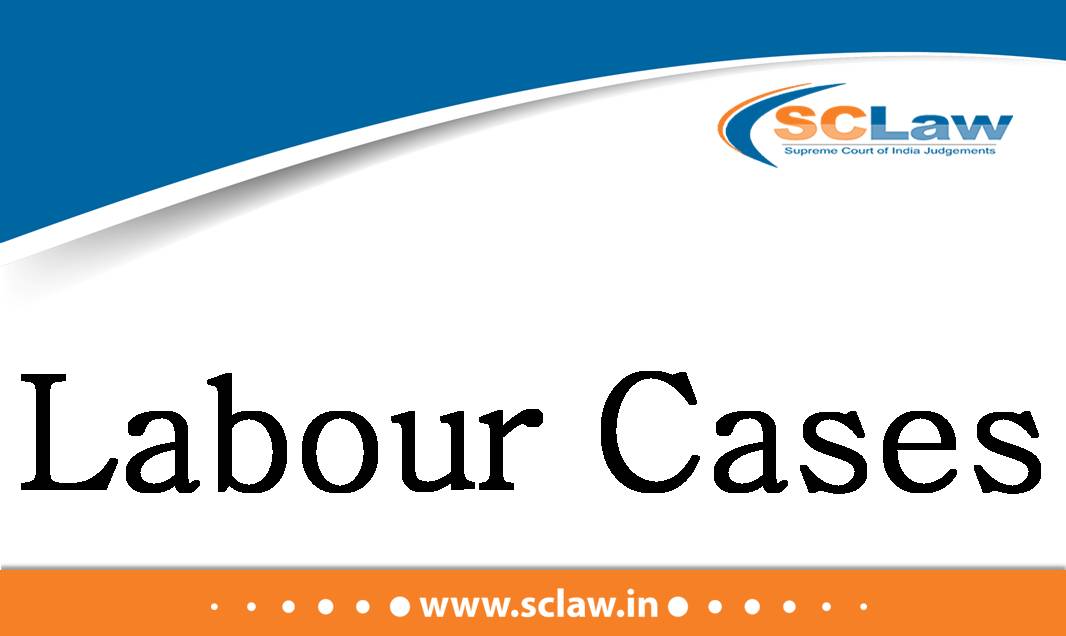Securitisation and Reconstruction of Financial Assets and Enforcement of Security Interest Act, 2002, S.14—Auction Sale—Direction issued to bank to proceed firstly against first two properties and if any amount is still pending it should first ask the borrower whether he can pay otherwise
(2017) 205 CompCas 1 : (2017) 3 LawHerald(SC) 2404 : (2017) 8 SCALE 589 : (2017) 143 SCL 277 SUPREME COURT OF INDIA DIVISION BENCH GIRISH SANGAPPA JAGGAL — Appellant Vs. UNION OF INDIA…







